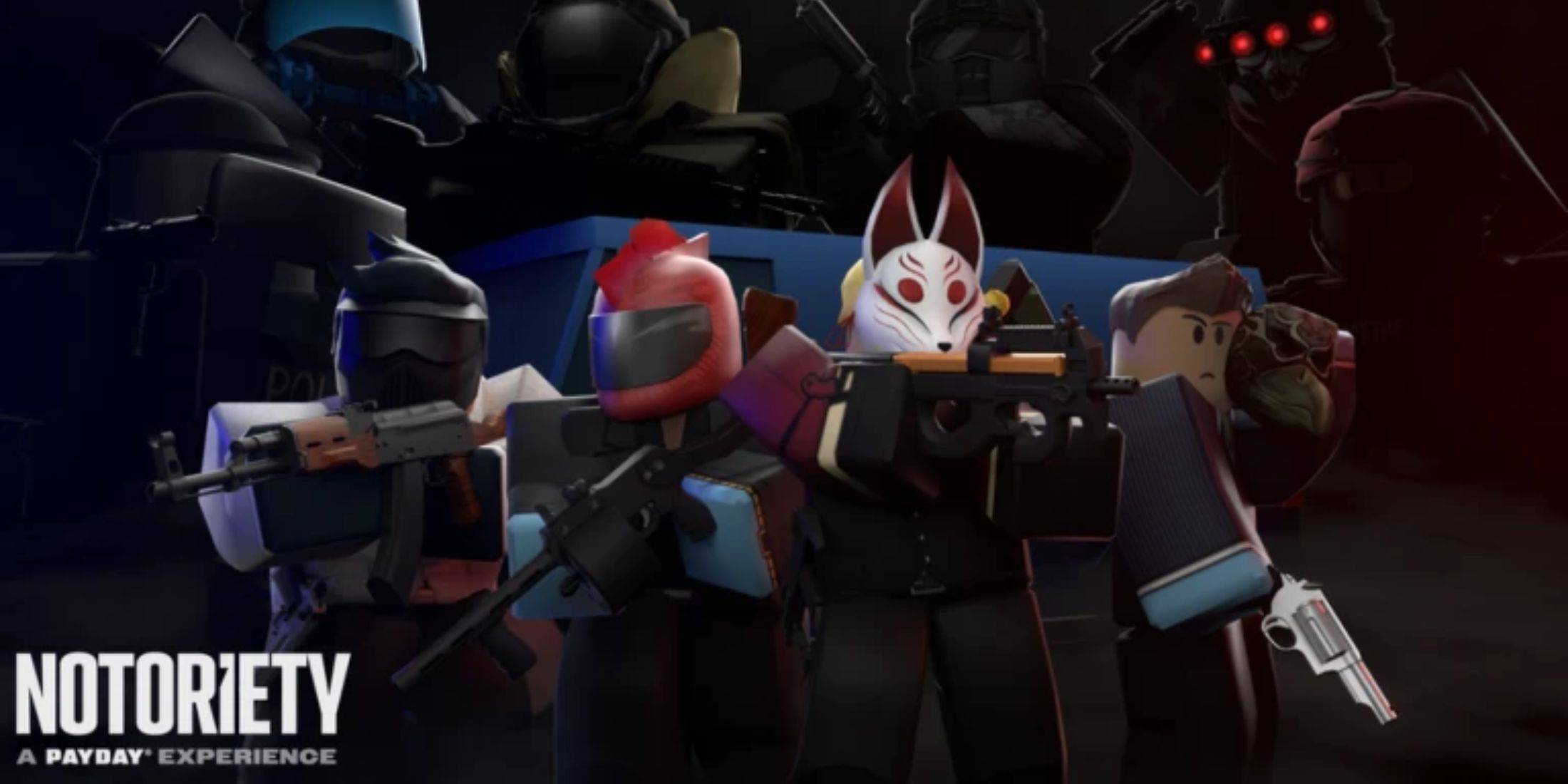Capcom Was on Its Knees After Resident Evil 6, Now Monster Hunter Wilds Cements Its Golden Era — Here's How It Did It
With Monster Hunter Rise shattering Steam records and Resident Evil enjoying unprecedented popularity thanks to Village and several stellar remakes, Capcom's current success seems almost inevitable. However, this wasn't always the case. Less than a decade ago, a string of critical and commercial failures left the company teetering on the brink, having lost its way and its audience.
Capcom suffered a significant identity crisis. Resident Evil, the progenitor of survival horror, lost its edge after Resident Evil 4. Similarly, Street Fighter faltered after the poorly received Street Fighter 5. The company's future hung precariously in the balance.
But amidst the gloom, a glimmer of hope emerged. A shift in Capcom's development philosophy, coupled with a powerful new game engine, revitalized its flagship franchises, igniting years of critical acclaim and financial success that propelled Capcom back to the forefront of the gaming industry.
Resident Evil Lost Its Way
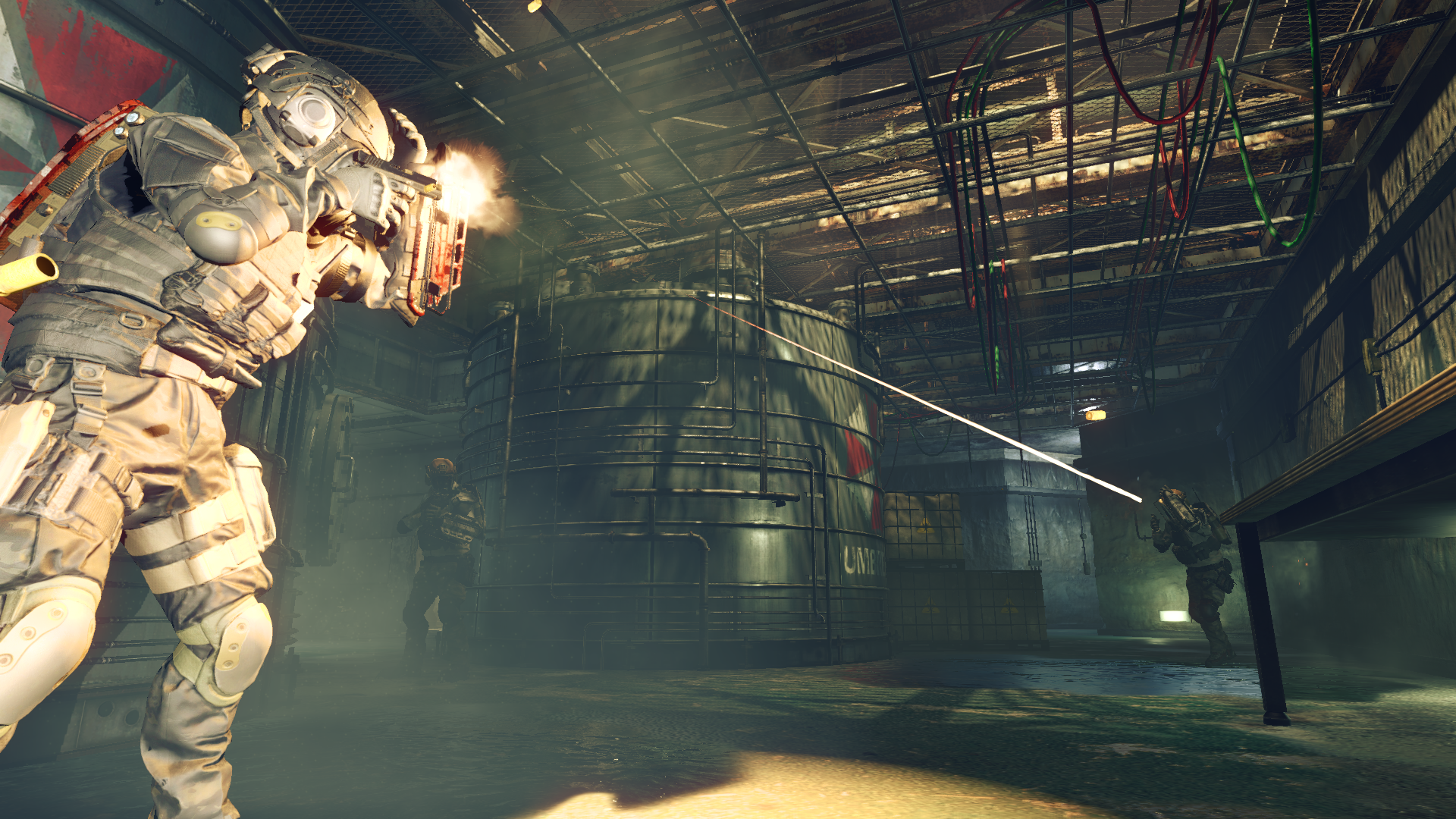
2016 was a particularly rough year. Umbrella Corps, an online co-op shooter, was met with widespread criticism from both reviewers and fans. Street Fighter 5 similarly disappointed longtime fans, falling far short of the brilliance of its predecessor, Street Fighter 4. Even the long-awaited return of Frank West in Dead Rising 4 couldn't prevent it from becoming the series' final new entry.
This marked the nadir of a string of underwhelming years for Capcom, dating back to 2010. Mainline Resident Evil titles received increasingly negative reviews despite strong sales. Street Fighter struggled following a poorly-received installment, and core franchises like Devil May Cry were largely absent. Meanwhile, Monster Hunter, while hugely popular in Japan, struggled to gain significant traction in international markets.
This stark contrast to Capcom's current success is striking. Since 2017, Capcom has consistently delivered hit after hit, boasting a string of critically acclaimed and commercially successful titles spanning its most famous franchises. This includes Monster Hunter: World, Devil May Cry 5, Street Fighter 6, several industry-leading remakes, and a critically lauded Resident Evil soft reboot. Capcom's recent track record is undeniably impressive.
This turnaround wasn't simply a matter of learning from past mistakes; it required a complete overhaul of Capcom's strategy, encompassing target audiences and technological advancements. To understand this transformative shift, IGN spoke with four of Capcom's leading creatives to uncover the story of their remarkable recovery.
Capcom, founded in 1979 as a manufacturer of electronic game machines, rose to prominence in the 80s and 90s with 2D classics like Street Fighter and Mega Man, before successfully transitioning to 3D with titles such as Resident Evil. Between 2000 and 2010, Capcom successfully modernized many of its flagship franchises, culminating in the creation of one of the greatest games of all time: Resident Evil 4.
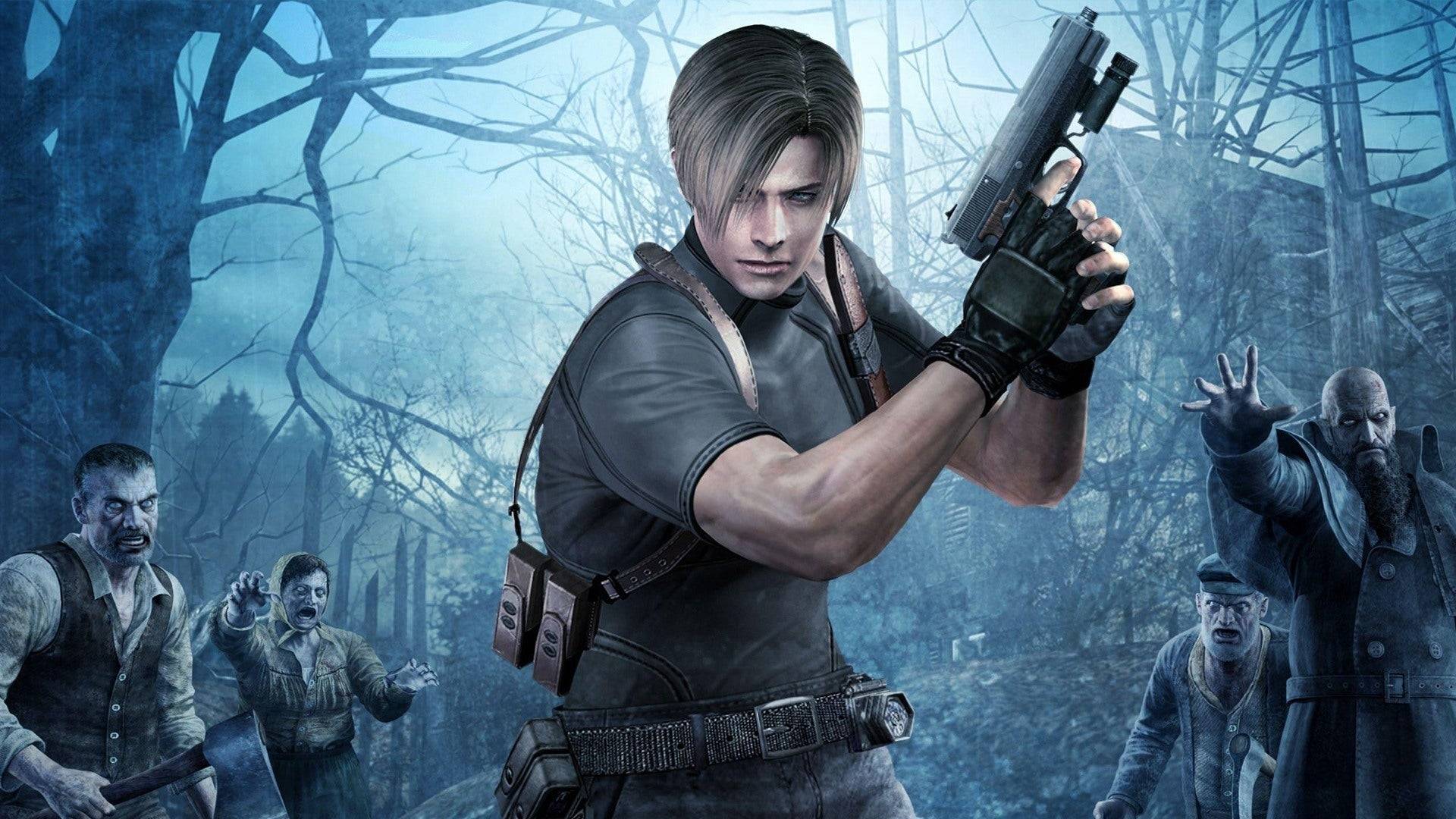
Released in 2005, Resident Evil 4 is widely considered a generational high point, masterfully blending horror and action. However, this blend significantly altered the course of the Resident Evil franchise. While fundamentally a horror game, influenced by works like Friday the 13th, H.P. Lovecraft, and John Carpenter, it also incorporated highly effective action sequences. This crucial balance, however, was lost in subsequent installments.
In 2009's Resident Evil 5, Chris Redfield famously punches a boulder the size of a car, and infected enemies are gunned down in a car chase more reminiscent of Fast and Furious than a horror film. The series' identity was fraying, a fact evident to both players and developers like Resident Evil 4 remake director Yasuhiro Ampo, a veteran of the series since 1996.
"Throughout the Resident Evil series, we set different goals and challenges for each game," Ampo explains. "But this time, many of us felt a disconnect between what fans wanted and what we were creating."
This lack of direction culminated in 2012's Resident Evil 6, a game that attempted to cater to both action and horror fans simultaneously. By splitting the game into three storylines with six playable characters, it failed to achieve the crucial balance, leaving neither group fully satisfied. Online fan discontent grew as developers continued experimenting with spin-offs, including online co-op titles.
This decline wasn't limited to Resident Evil. Following the success of Street Fighter 4, Capcom failed to replicate its achievements with the sequel. Street Fighter 5 (2016) was criticized for its lack of single-player content and poor online functionality, leaving fans frustrated by its perceived lack of polish and confusing balance.
The struggles extended beyond Street Fighter and Resident Evil. Devil May Cry, a popular action franchise, saw diminishing returns, leading Capcom to outsource DmC: Devil May Cry (2013) to Ninja Theory. While gaining a cult following, its revamped mythology and protagonist, along with a sluggish frame rate, were met with significant online backlash, resulting in the series being shelved.
This period defined Capcom's early-to-mid 2010s. Key franchises struggled to maintain past successes, new titles targeting Western markets (Lost Planet, Asura's Wrath) underperformed, and while there were bright spots like Dragon's Dogma, Capcom's overall direction lacked focus. Change was clearly needed.
Street Fighter 5: The Lost Cause
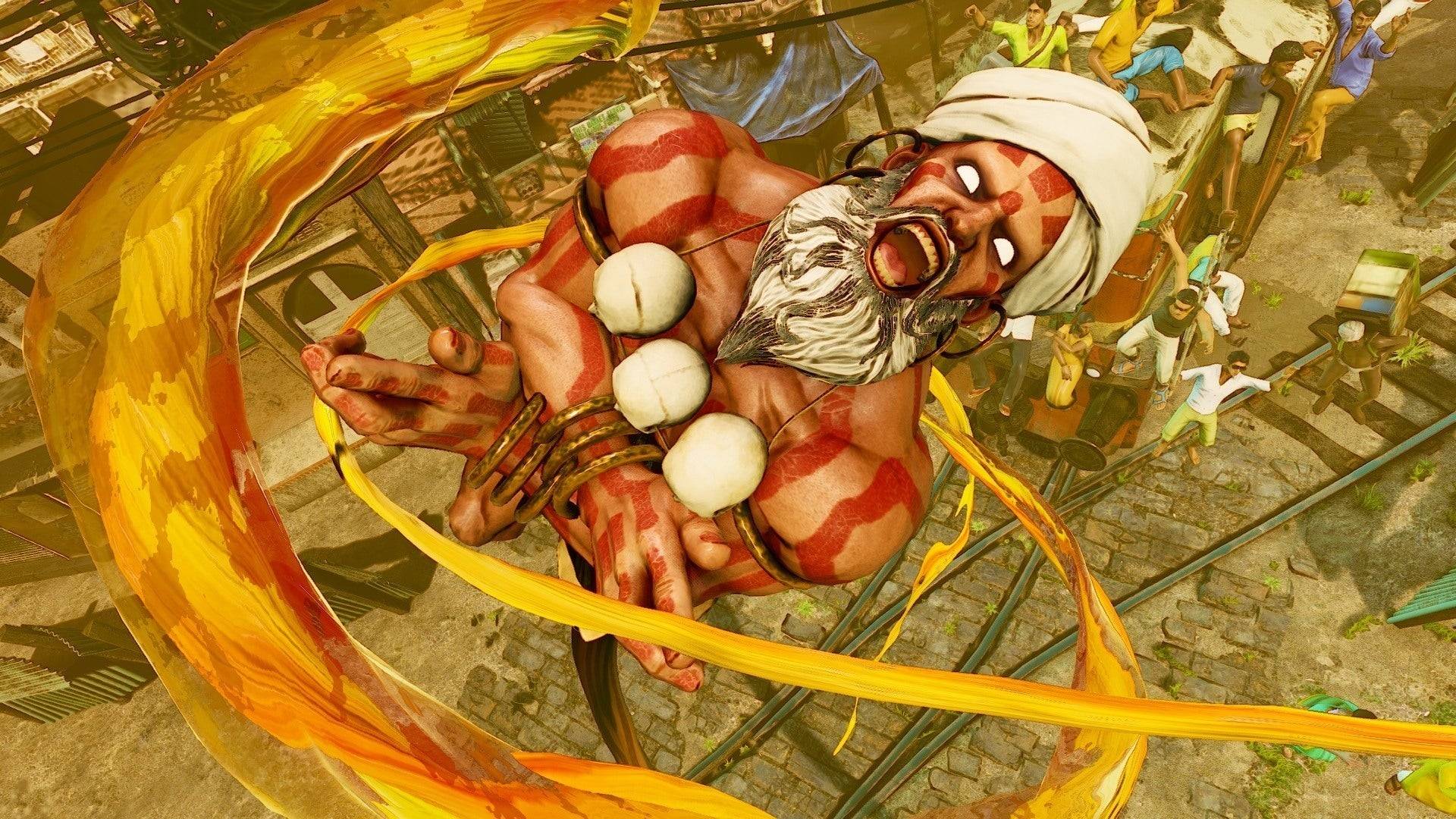
By the mid-2010s, Capcom initiated several strategic changes that would dramatically alter its fortunes. The first step involved addressing existing problems, starting with Street Fighter 5. Director Takayuki Nakayama and producer Shuhei Matsumoto were brought in to stabilize the troubled game.
While not involved from the outset, they inherited a game requiring significant improvements to regain fan trust. "There were challenges in production," Nakayama admits, "and because we couldn't make major changes, we had to proceed in the current direction, limiting our options."
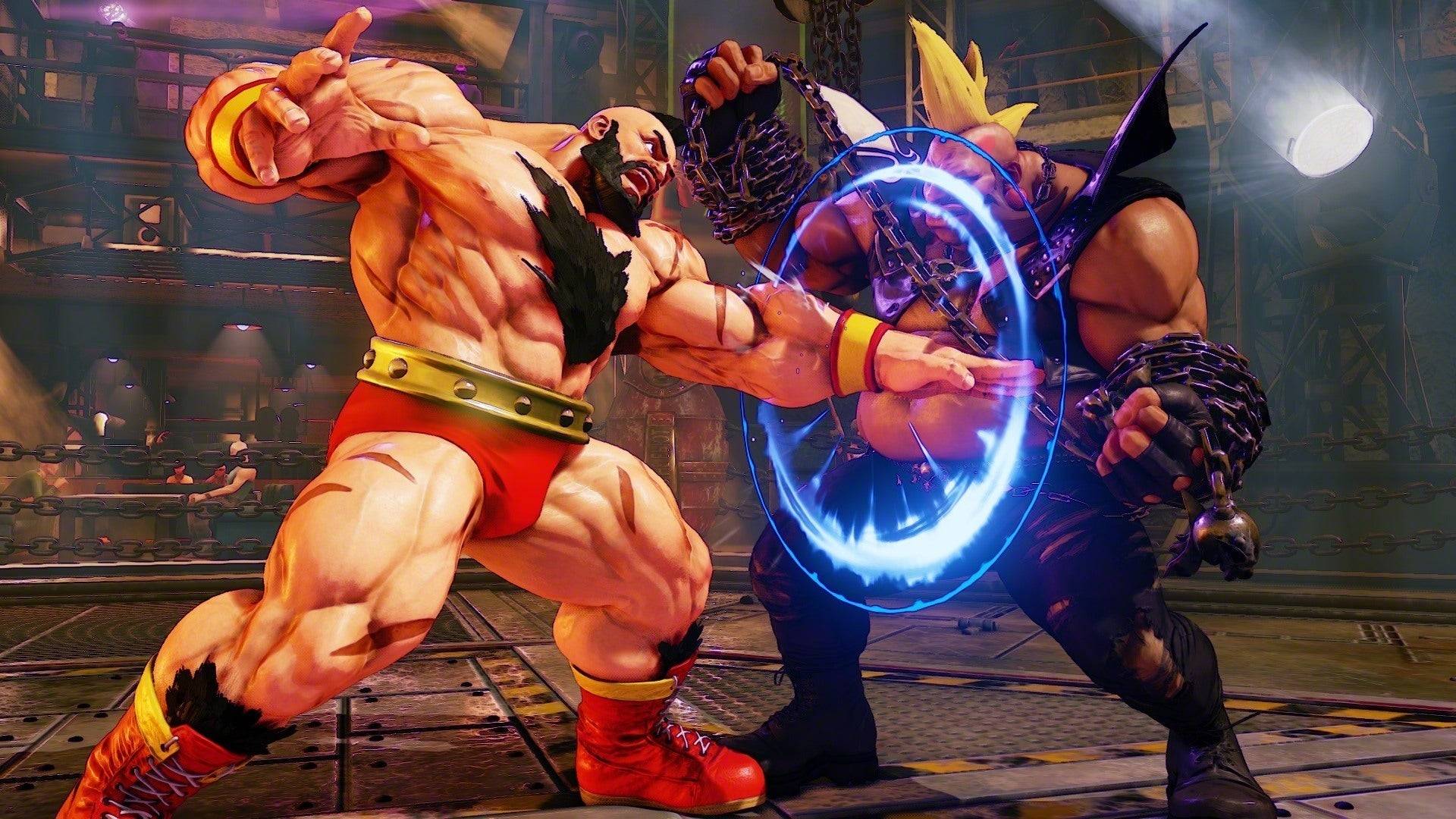
These constraints severely limited their scope. Instead of transforming Street Fighter 5 into a top-tier game, they focused on fixing its most pressing issues, biding their time until development on Street Fighter 6 could begin.
"We lacked the time to address all the problems," Nakayama explains. "We had to wait until the conceptual phase of Street Fighter 6 to properly tackle these issues."
The decision not to abandon Street Fighter 5 entirely was deliberate. According to Matsumoto, "There was no thought of ending Street Fighter 5 and focusing solely on Street Fighter 6. While working on Street Fighter 5, we were figuring out what we wanted to do with Street Fighter 6."
"We used Street Fighter 5 as a learning experience, using it to identify and correct design flaws," Matsumoto continues. "The lessons learned informed several key changes in Street Fighter 6."
Numerous updates followed, improving netcode, rebalancing characters, adding new characters, V-Triggers, and mechanics like V-Shift. The goal extended beyond mere acceptability; Capcom aimed to rediscover the fun. Street Fighter 5 had become frustrating; the team wanted to make it enjoyable again.
"Fighting games are fun, and with practice, become even more enjoyable," Matsumoto says. "But Street Fighter 5 lacked a clear path to that point of enjoyment."
Instead of simply lowering the difficulty, Street Fighter 6 expanded tools for new players while retaining features appreciated by experienced players. By using Street Fighter 5 as a testing ground, Street Fighter 6 (2023) launched to widespread critical acclaim.
To prevent repeating past mistakes, Capcom implemented significant strategic changes. A crucial shift involved the development process itself.
Monster Hunter Took Over The World
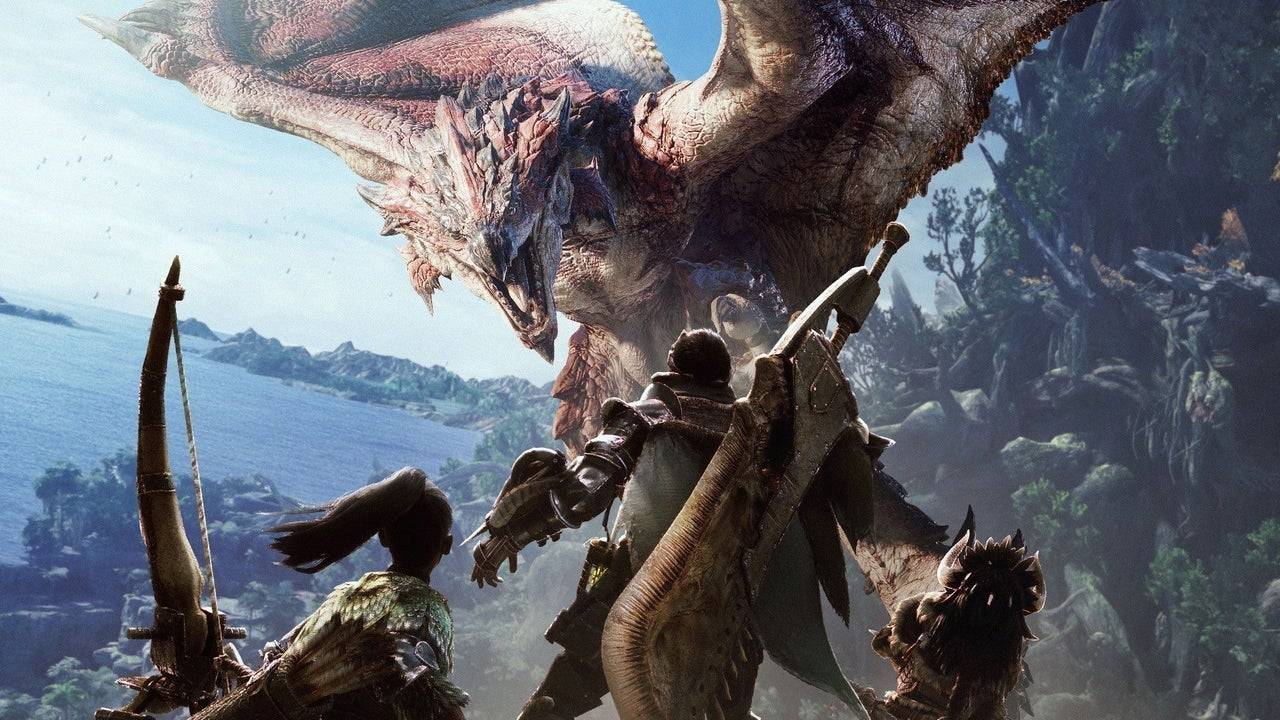
Around the time of Street Fighter 5's release, Capcom underwent an internal reorganization in preparation for a new generation of games utilizing the RE Engine, replacing the aging MT Framework. This wasn't merely a technological upgrade; it involved a mandate to create games for a global audience, not just existing regional fans.
"Several factors converged," says Hideaki Itsuno, known for his work on Devil May Cry. "The engine change and a clear goal to create globally appealing games."
Capcom's previous attempts to capture the Western market often felt forced. While Resident Evil 4 was successful, spin-offs like Umbrella Corps and the Lost Planet series chased fleeting trends without success. Capcom realized the need to create games appealing to a broader audience, not just fans of specific Western genres.
"We focused on making good games that would resonate globally," Itsuno states.
The period leading up to 2017 was pivotal. The organizational and engine changes coincided with the launch of Resident Evil 7, marking the beginning of Capcom's renaissance.
No series better embodies Capcom's global ambitions than Monster Hunter. While it had Western fans, it was significantly more popular in Japan. This wasn't intentional; several factors contributed.
Monster Hunter's success on the PSP in Japan was partly due to the strong handheld market there and the ease of local multiplayer without internet access. This led to a cycle where Japanese success fueled region-specific content, reinforcing its image as a Japan-only brand.
However, with improved Western internet infrastructure, Capcom saw an opportunity. Monster Hunter: World (2018), released simultaneously worldwide on PS4, Xbox One, and PC, was a significant departure. It offered AAA console quality with enhanced graphics, larger areas, and bigger monsters.
"The name Monster Hunter: World reflects our intention to appeal to a global audience," explains Ryozo Tsujimoto, executive producer of the series. "Simultaneous worldwide release and the avoidance of region-exclusive content were crucial."
Beyond simultaneous release, Capcom made adjustments to broaden Monster Hunter's appeal. Playtesting revealed that displaying damage numbers improved the experience. These subtle changes dramatically increased the game's reach. Monster Hunter: World and its sequel, Monster Hunter Rise, both sold over 20 million copies, far surpassing previous sales figures.
"Monster Hunter is fundamentally an action game; the sense of accomplishment from mastering the action is key," Tsujimoto explains. "But for new players, it's about reaching that point. We analyze where players struggle, gather feedback, and use that knowledge to improve the system."
Resident Evil 7 Began Turning Things Around
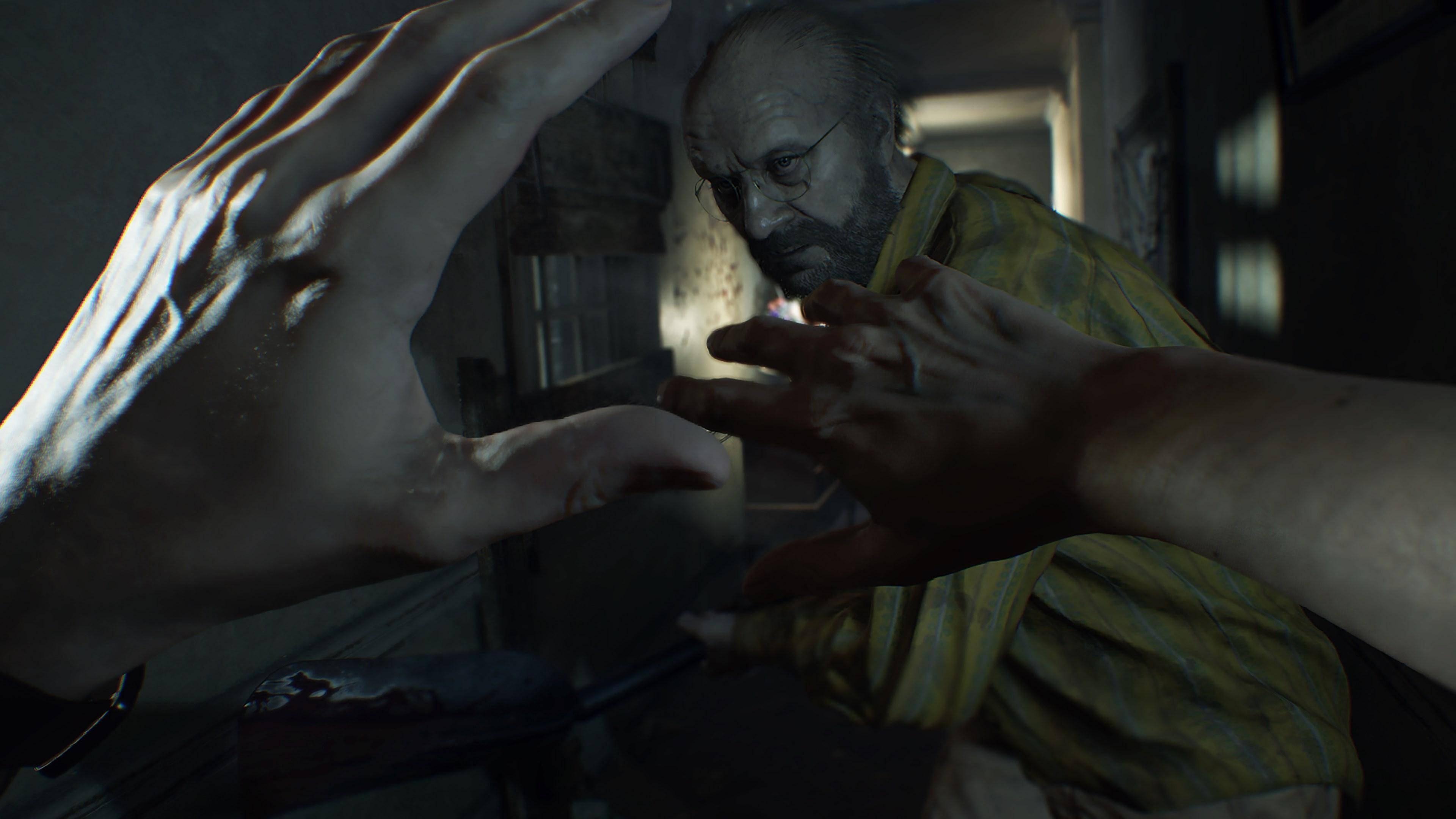
Monster Hunter's success demonstrated a winning formula, but convincing global audiences required a different approach for other franchises. For Resident Evil, the team needed to decide between action and survival horror. Jun Takeuchi, executive producer of Resident Evil, made the crucial decision to prioritize survival horror.
"Around the time of Resident Evil Revelations 1 and 2, I was experimenting with different approaches," Ampo recalls. "Takeuchi set the direction: Resident Evil needed to return to its roots."
Resident Evil 7's announcement at E3 2016, with its first-person perspective and moody trailer, generated significant excitement. The shift to first-person allowed Resident Evil to recapture something lost: its ability to genuinely scare.
"Takeuchi emphasized the importance of the series being scary and focused on survival," Ampo says. "Resident Evil 7 would return to its origins, emphasizing survival elements while exploring new possibilities."
The game was a hit, successfully returning to survival horror. Its unsettling atmosphere made it one of the scariest entries in the series.
However, Capcom didn't abandon the third-person perspective entirely. While new mainline titles remained first-person, a series of remakes, starting with Resident Evil 2, would utilize the third-person view. Fan projects inspired the remake initiative.
"People really wanted this to happen," Ampo explains. "Producer Yoshiaki Hirabayashi came up with the slogan: 'We'll do it.'"
The Resident Evil 2 remake became one of the best-selling games in the franchise, blending horror, action, and puzzles with a new Tyrant system. The success continued with the Resident Evil 3 remake, and surprisingly, a remake of Resident Evil 4, despite its enduring popularity.
"There was internal discussion about whether a remake was necessary," Ampo admits. "Resident Evil 4 is beloved; getting it wrong could cause significant backlash."
Despite initial hesitation, the Resident Evil 4 remake was a hit, refining the action-horror balance to remain true to the series' survival horror roots. The moodier tone and refined action sequences contributed to its success.
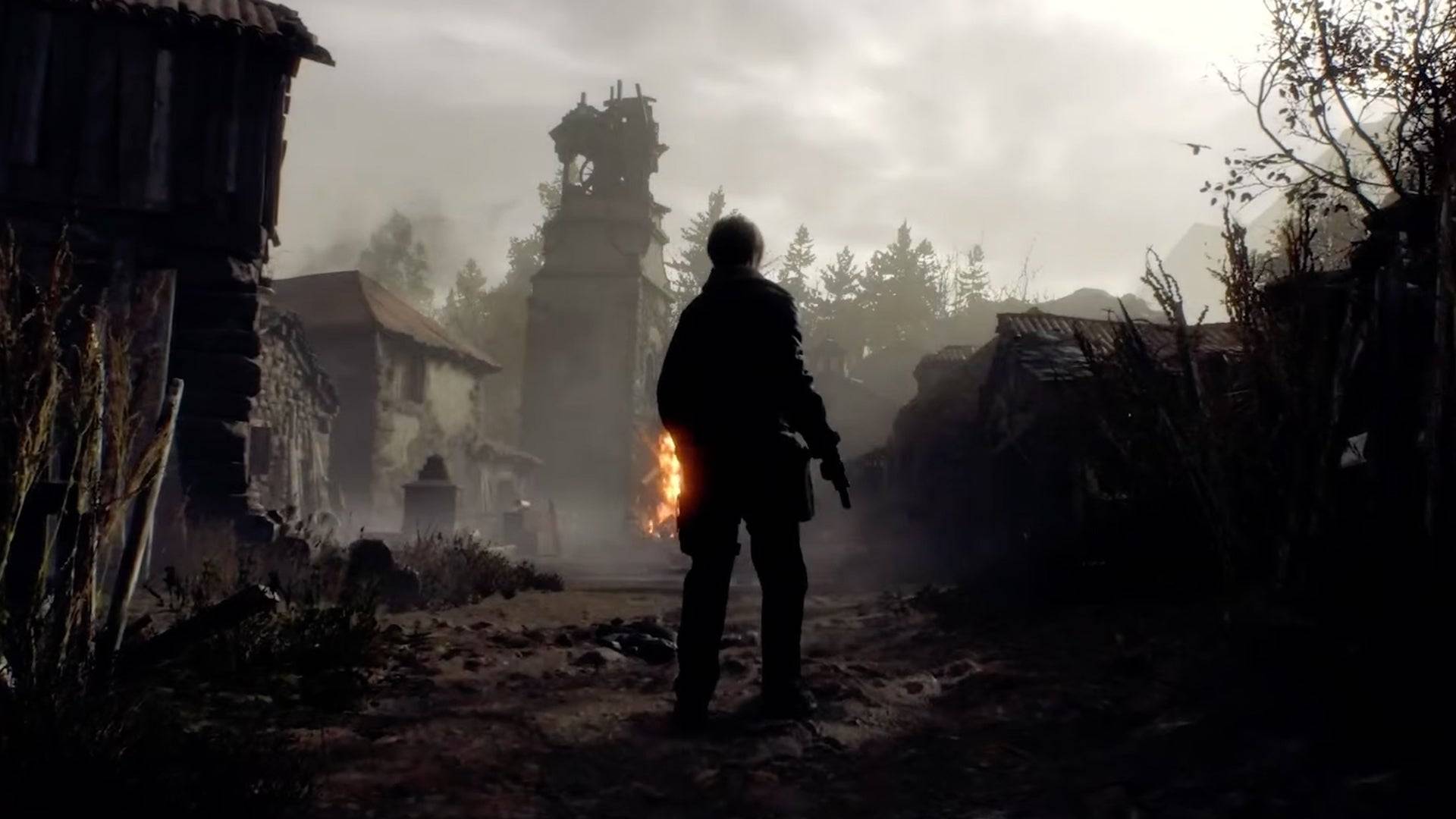
Concurrently, Hideaki Itsuno, director of Devil May Cry, had a similar epiphany. After Dragon's Dogma, he observed a trend towards more casual action games. With Devil May Cry 5, he aimed to create a challenging, stylish action game, leveraging the capabilities of the RE Engine.
The Reason Behind The Change
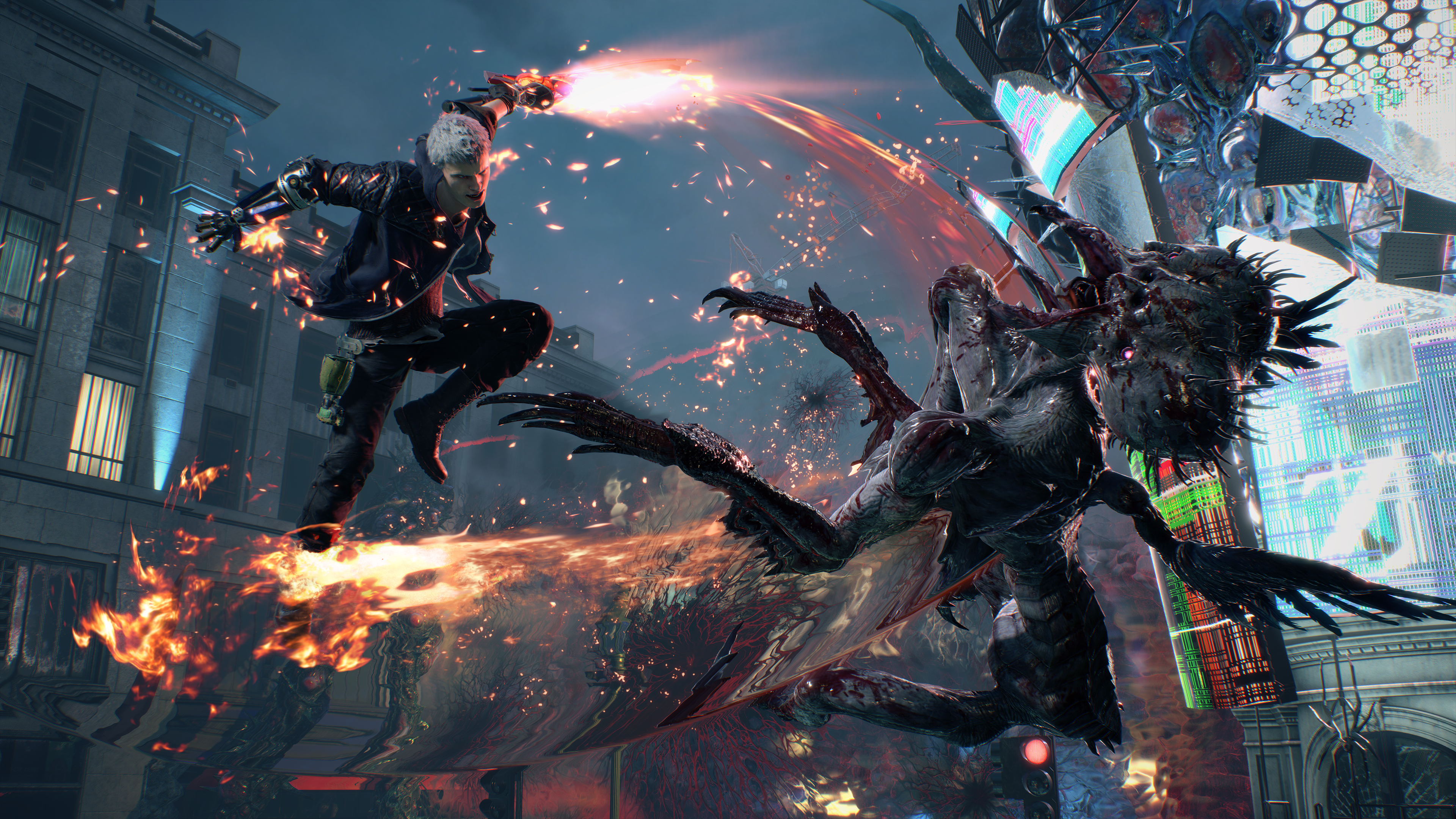
"I felt the action game trend was becoming too kind to players," Itsuno admits. "I wanted to create something more challenging."
Itsuno's return to Devil May Cry after a decade allowed him to utilize the RE Engine's photorealistic capabilities and rapid development tools, enhancing the series' signature style.
"Devil May Cry is about being cool," Itsuno says. "I've incorporated everything I consider cool into the game."
Ampo describes the RE Engine as "a less stressful development environment that allows for faster creation." Its internal development allowed for quick fixes and iteration, proving vital for Itsuno's vision.
A New Capcom Golden Age
Since 2017, Capcom has consistently released critically acclaimed games. Their success stems from a focus on creating globally appealing games using a technologically advanced engine capable of powering diverse genres. Capcom's ability to seamlessly transition between different genres is remarkable.
This global focus hasn't diluted the identity of their games. Each franchise retains its core elements while expanding its audience. Capcom's current success contrasts sharply with the struggles of many of its contemporaries.
When asked about Capcom's current success, the directors largely agreed that it represents a new golden age. Nakayama states, "It's an exciting time at Capcom. We're able to focus on things we find fun." Tsujimoto adds, "Capcom is in a golden era, and we'll do everything to make it last."
-
- Containment Test registration now open- Initial language support: English, Japanese, Chinese- Mobile platform accessibility pendingHotta Studio's ambitious project Neverness to Everness reaches a crucial development phase with Closed Beta sign-upsAuthor : Ryan Feb 11,2026
-
Frozen War, a new strategy title from IGG, plunges players into a frozen post-apocalyptic world where they must confront the undead and brutal weather while attempting to restore society. Global pre-registrations are now live, featuring multiple commAuthor : Chloe Feb 11,2026
-
 Southern PokerDownload
Southern PokerDownload -
 Fruit Summer Slots MachineDownload
Fruit Summer Slots MachineDownload -
 Tarot Offline - Card GameDownload
Tarot Offline - Card GameDownload -
 Virtuelles Casino - Craps Spiel OnlineDownload
Virtuelles Casino - Craps Spiel OnlineDownload -
 BrazilyaDownload
BrazilyaDownload -
 Battle Angel Moe moe arena-Download
Battle Angel Moe moe arena-Download -
 Sandy BayDownload
Sandy BayDownload -
 Spell CastersDownload
Spell CastersDownload -
 Brain Puzzle - IQ Test GamesDownload
Brain Puzzle - IQ Test GamesDownload -
 Vampire's Fall: Origins RPGDownload
Vampire's Fall: Origins RPGDownload
- Black Ops 6 Zombies: How To Configure The Summoning Circle Rings on Citadelle Des Morts
- Roblox: Latest DOORS Codes Released!
- Harvest Moon: Lost Valley DLC and Preorder Details Revealed
- Silent Hill 2 Remake Coming to Xbox and Switch in 2025
- Roblox: Blox Fruits Codes (January 2025)
- Roblox: Freeze for UGC Codes (January 2025)

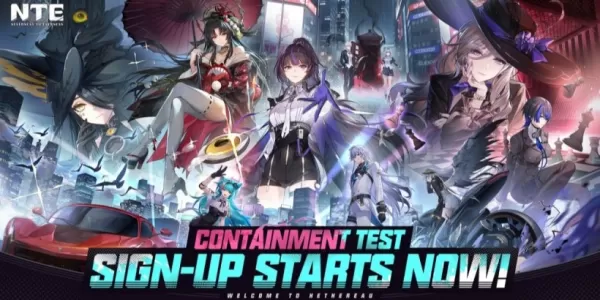
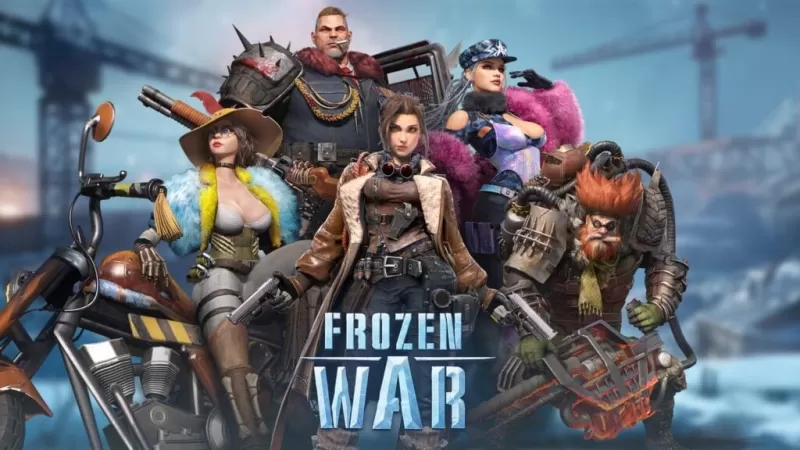
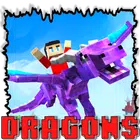
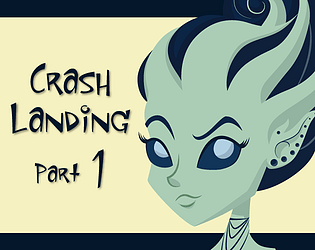



![Taffy Tales [v1.07.3a]](https://imgs.ehr99.com/uploads/32/1719554710667e529623764.jpg)




